In one of the biggest cases of the current term, the Supreme Court’s calendar for January 2024 features arguments about the limit of federal regulatory powers.
In all, there are nine sets of arguments listed for the January session, which lasts from Jan. 8-17. But the most attention will be focused on the final two arguments in a potential landmark ruling on the Chevron doctrine precedent.
In Loper Bright Enterprises v. Raimondo (22-451) and Relentless v. Department of Commerce (22-1219), the justices will settle a controversy involving commercial fishing that may have broader implications for the Chevon doctrine.
The legal concept of the Chevron doctrine, or Chevron deference, dates back to a 1984 Supreme Court decision, Chevron U.S.A., Inc. v. Natural Resources Defense Council, Inc. Under Chevron, if a federal statute is ambiguous, courts should defer to a federal agency’s interpretation of the statute if it is deemed reasonable. Several current justices, however, have openly questioned the constitutional basis of the Chevron doctrine and through these two new cases, may seek to establish a new precedent to replace it.
In Loper Bright Enterprises and Relentless, a group of fisherman and small fishing companies are challenging the ability of the National Marine Fisheries Service to require fishing vessel operators to pay the salaries of the federal observers who oversee the vessels’ operations while at sea. The vessel operators want the court to decide if the agency has assumed powers under the Chevron doctrine to force compliance, or to overturn the doctrine altogether.
The specific question in front of the justices leaves little doubt of the decision’s potential significance: “Whether the Court should overrule Chevron or at least clarify that statutory silence concerning controversial powers expressly but narrowly granted elsewhere in the statute does not constitute an ambiguity requiring deference to the agency.”
There are several other cases of note in January.
On Jan. 9, the Court will hear arguments in Sheetz v. County of El Dorado, CA (22-1074). El Dorado County charged George Sheetz, the builder of a “modest manufactured house,” a monetary exaction fee of $23,420 to help finance unrelated road improvements. Sheetz claims the county did not determine the fee had an “essential nexus” and “rough proportionality” to the purported impacts associated with his modest construction project, in conflict with two prior Supreme Court decisions. The county says its actions were authorized by legislation.
On Jan. 16, the Court will hear arguments in Devillier v. Texas (22-913) in a dispute about interpreting the Fifth Amendment’s Takings Clause. This case came out of a series of inverse condemnation cases filed in Texas by a group of local landowners alleging a state highway project had caused widespread flooding and deprived them of the economic value of their property. The property owners sought damages and Texas claimed no state law allowed for the owners to seek just compensation for their losses. The owners claim the Fifth Amendment’s Takings Clause is “self-executing” and no state action is required.
And on Jan. 10, in Smith v. Arizona (22-899), the justices will consider an application of the Sixth Amendment’s Confrontation Clause, which reads that “In all criminal prosecutions, the accused shall enjoy the right … to be confronted with the witnesses against him.” In an Arizona drug possession case, a forensic analyst who conducted drug tests was no longer employed by the state, and testimony was offered by a substitute expert. The questions are whether the prosecution may present testimony by a substitute expert if (a) the testifying expert offers some independent opinion and the analyst’s statements are offered not for their truth but to explain the expert’s opinion, and (b) the defendant did not independently seek to subpoena the analyst.
In addition to January arguments, several other events will likely draw attention to the Supreme Court. The request from Special Prosecutor Jack Smith for the justices to consider a fast-track appeal of a ruling about former President Donald Trump could be in play, as well as the appeals process in the recent Colorado Supreme Court decision about the 14th Amendment and Trump’s place on that state’s primary ballot. Also, the Court usually announces in mid-January its final lists of petitions accepted for arguments during its current term.

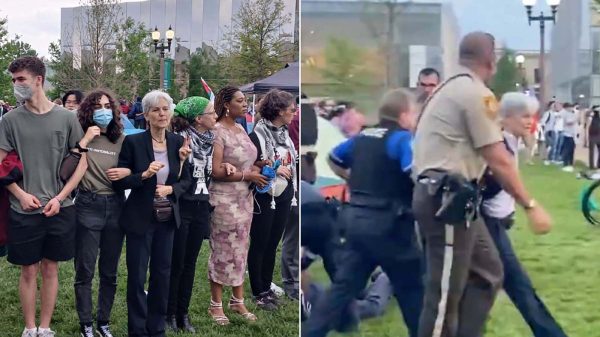
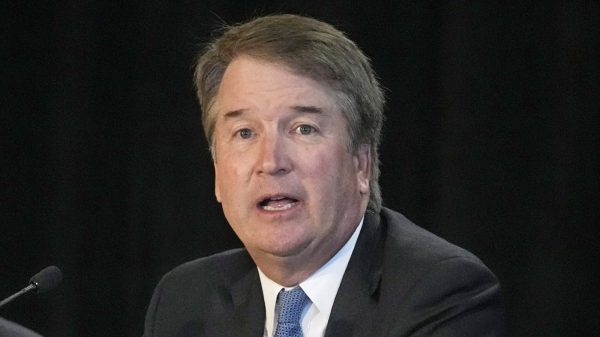
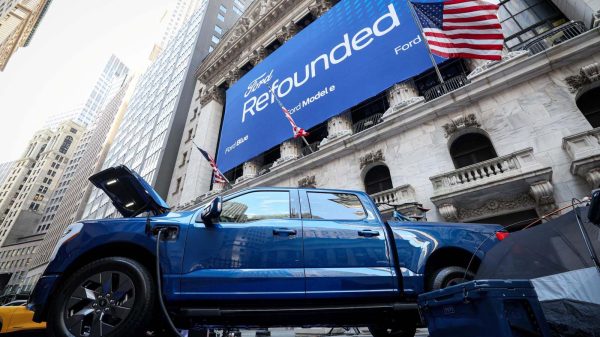
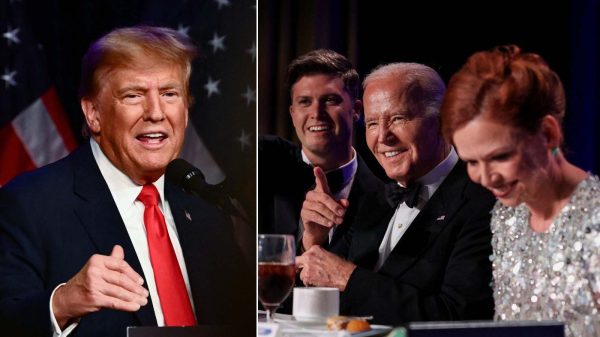
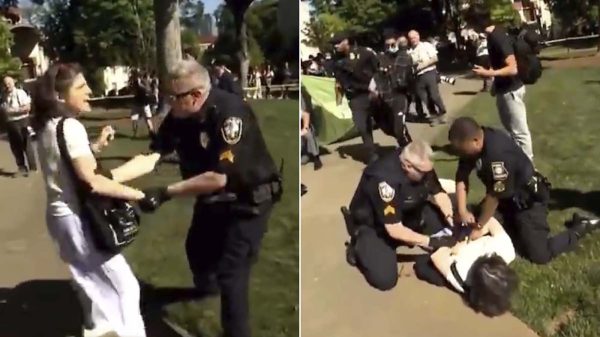
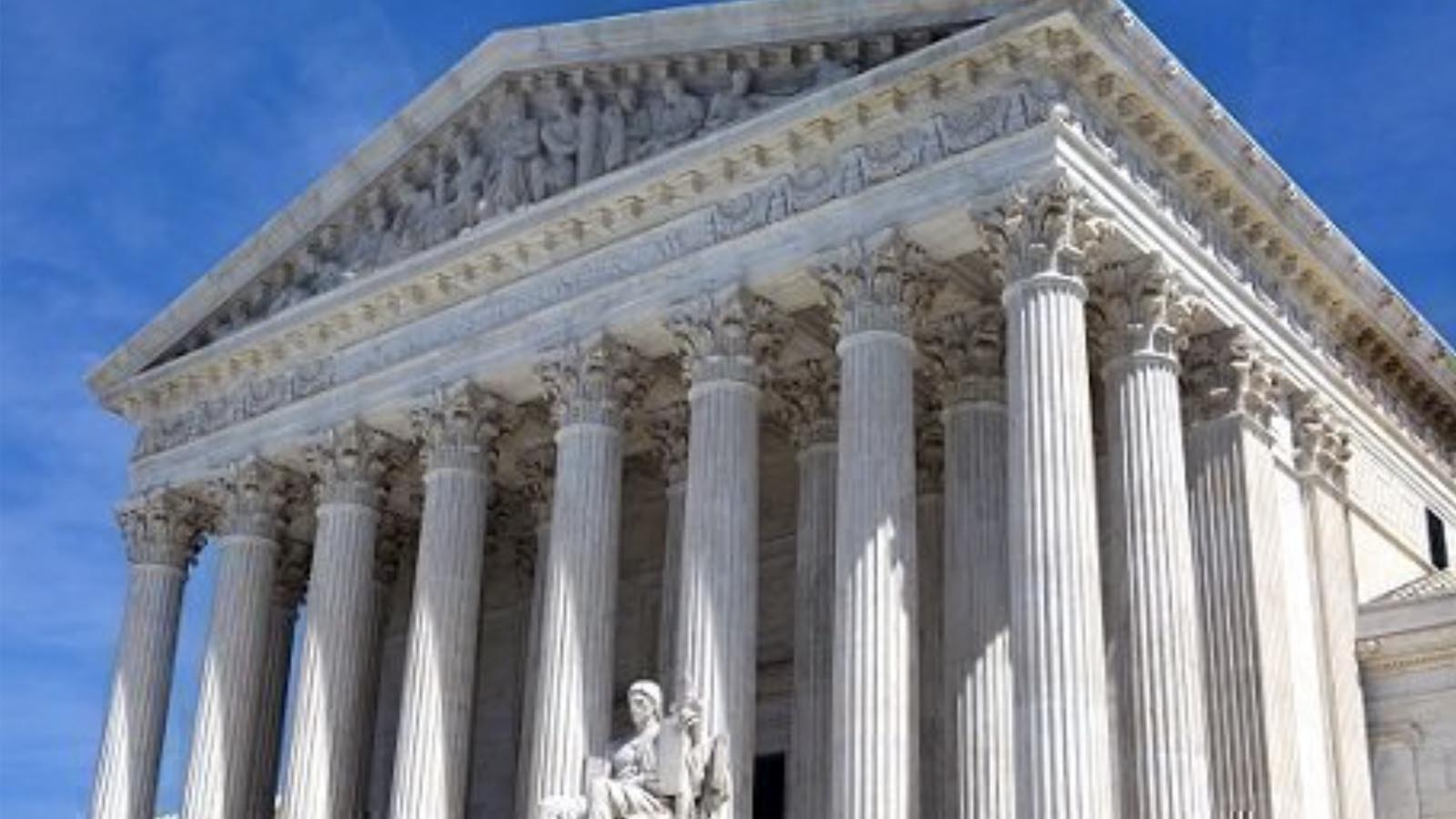






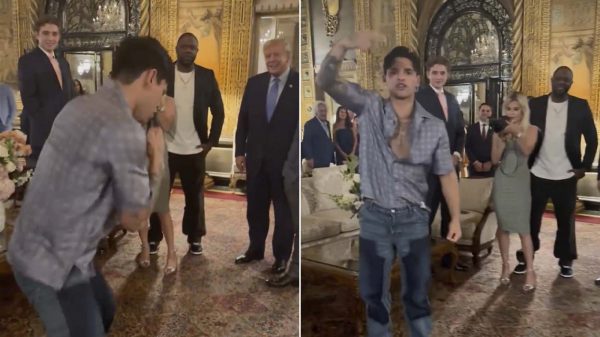
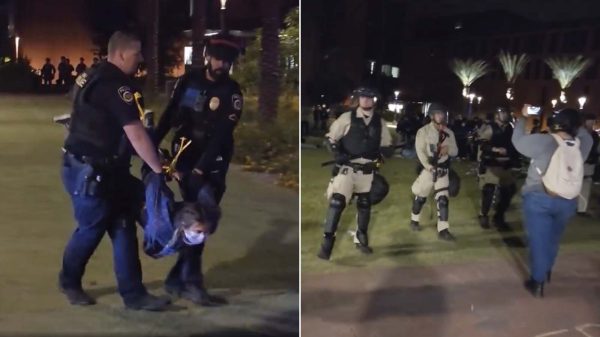
It is my opinion Special Prosecutor Jack Smith for the justices to consider a fast-track appeal of a ruling about what should be denied by the SCOTUS and the Appellate should forth in its order to hear the case first before hijacking Jack Smith’s claims, this is a terrible thing for him to try this it’s a failure on his ability in practicing law legally and direct insult for him to try to do this his license to practice law should be revoked.
Werewolf Smith does NOT want Trump or his Attorneys to speak to the Jury. He said it will all be inflated disinformation.
The ONLY continual inflated disinformation is coming from Werewolf Smith and the Demons. He will Lose!
The Hell the Demons have put Trump, his Family, and anyone who stands with Trump through. Pure Evil!